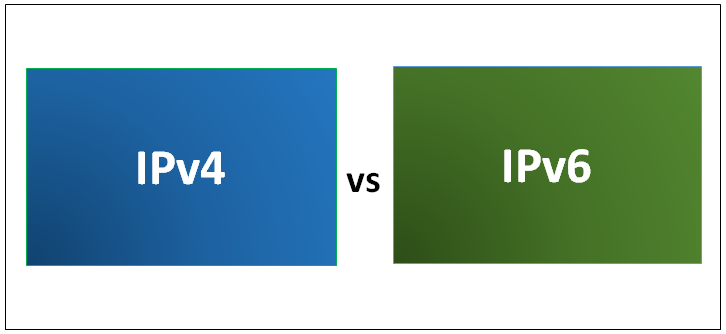What you should know about IPv4 and IPv6
It’s been known for a while how low the world is on IPv4 address space. Decades ago, when the Regional Internet Registry, or the RIR for short, released over 4 billion IPv4 addresses we all thought that would be enough. At least, enough to last a lot longer than it did. But due to a plethora of different devices now requiring an internet connection, those Ipv4 addresses have dwindled down to almost no more left.
Because of this, a new internet protocol was released to replace the IPv4 addresses, that is the IPv6. Internet Protocol 6 has been deployed for quite some years now and it is being widely used, mostly in the market for mobile phones. Here are the answers to some questions you may have about IPv4 and IPv6.
There is IPv4 and IPv6, but what about IPv5?
The Internet Protocol 5 was actually developed in the 80s as an experiment. However, it was never actually deployed because it was never accepted as an official Internet Protocol due to its limitations. It was planned to be a streaming protocol, named Internet stream protocol, but it was discarded after a while. So technically, IPv5 doesn’t actually exist.
How is IPv6 the solution to the IPv4 shortage?
Another reason IPv4 addresses got depleted quite quickly is because of its 32-bit addresses. This is when IPv6 comes into the mix, with a whopping of 128-bit addresses the IPv6 will have a larger number of addresses available. The 128-bit addresses give a combination of trillions upon trillions of addresses. It has even been calculated that the IPv6 addresses can last us all for 480 years.
Is there an actual difference between IPv4 and IPv6?
Many people have gotten claims that IPv6 will give us all faster internet, and if that sounds too good to be true, it’s because it is. Unfortunately, those claims are indeed false. The main difference is that IPv6 will have a lot more address space than IPv4, but we will not be able to tell the difference. The way IPv6 looks is another difference, it is 8 groups of 4 hexadecimal digits all separated by colons, and IPv4 has 4 groups of decimal digits that are separated by dots.
Learn more!
There is so much more to learn about IPv4 and IPv6 out there, and it is fascinating! Did you know you can sell, lease, or buy IPv4 and IPv6 addresses? The knowledge about these Internet Protocols is endless. Learn more to grasp where the world will be going next in terms of the internet.




